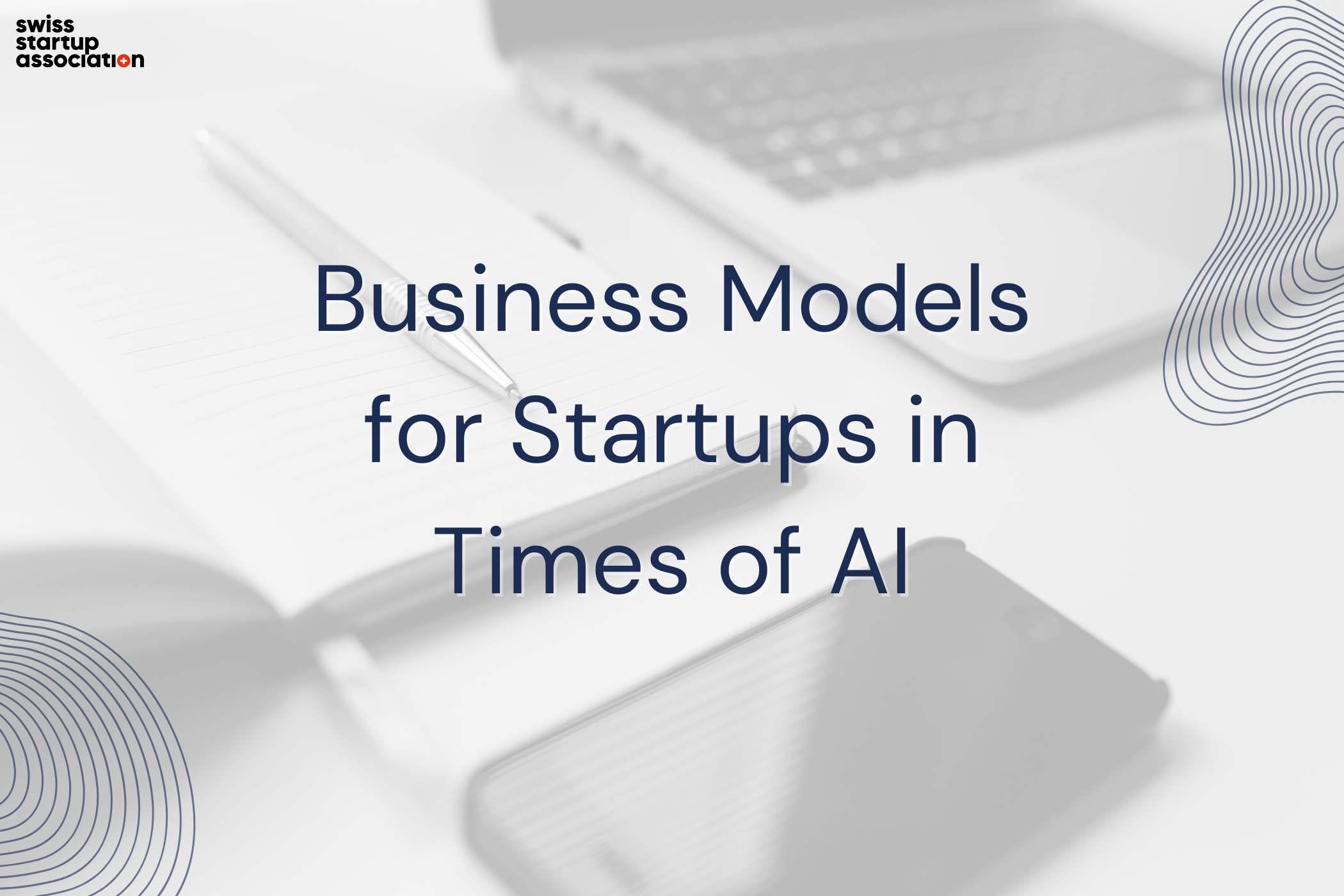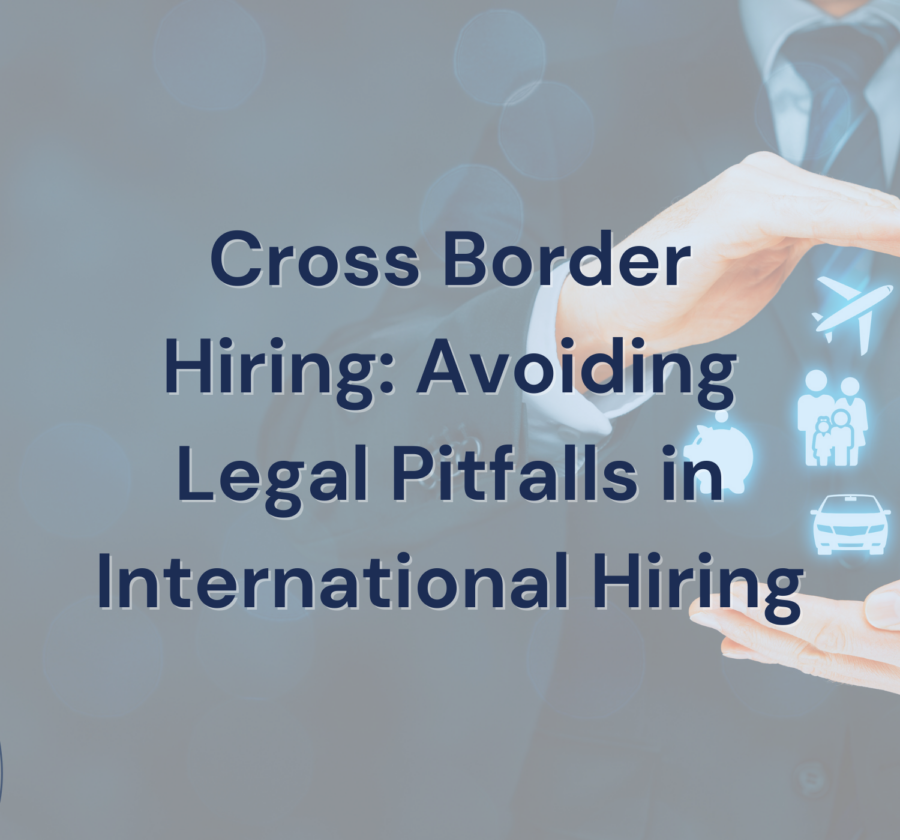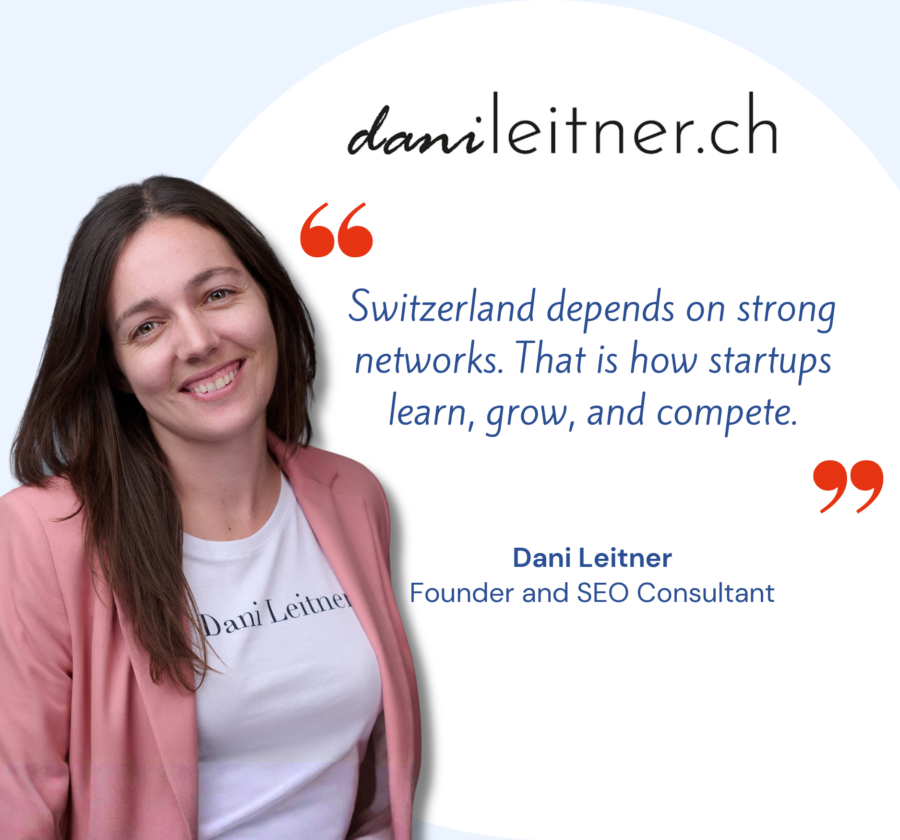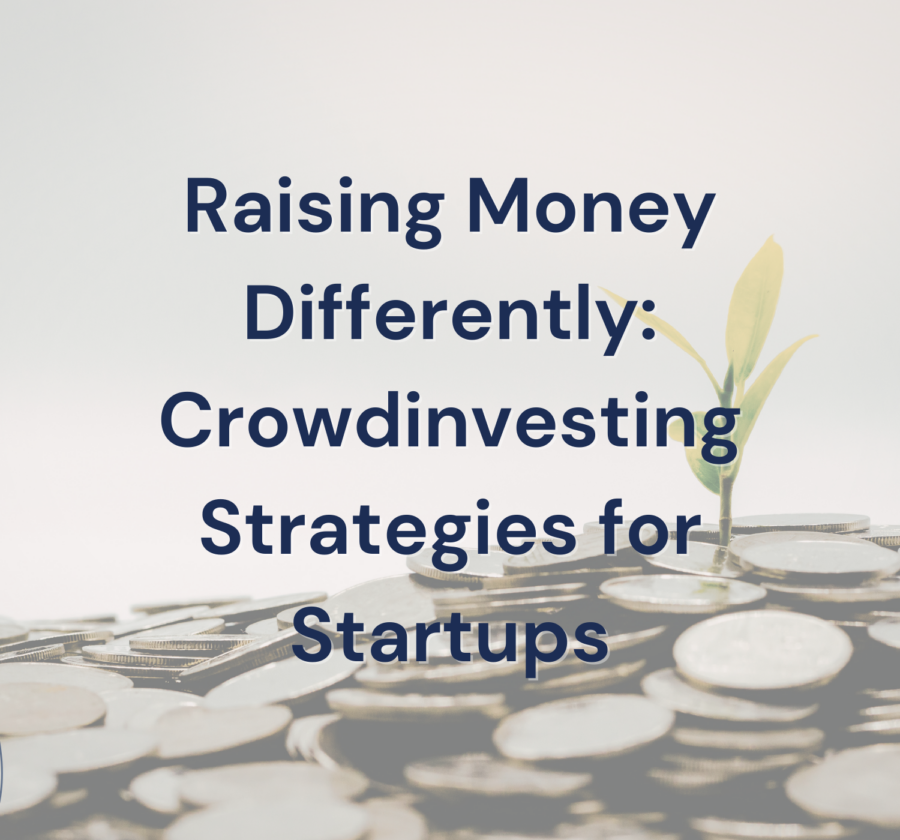
Business Models for Startups in Times of AI
AI is reshaping how startups build, sell, and scale – faster than any previous technology wave. In one of the latest SSA webinars, Andreas Goeldi, Partner at b2venture, broke down how AI is changing software business models, what new opportunities are emerging, and where founders can still win against massive players like OpenAI and Google.
His message was clear: AI is not just a new technology layer – it’s a new business model era.
From SaaS to the AI age
The software industry has evolved through distinct phases. From the hardware-bound systems of the 1970s to the subscription-driven SaaS revolution of the 2000s. Now, a fourth wave is unfolding: AI-first business models. Instead of static products, we’re entering an age of adaptive, intelligent, and continuously learning systems. Andreas explained this transformation through a simple framework: on one hand are companies that sell products, and on the other are those that sell services. Along another dimension are companies that merely enhance existing software with AI, versus those that are built from the ground up as AI-first.
When you combine these, you get four new kinds of business models emerging in today’s market:
- Enhanced SaaS Products
- Democratization of Software Creation
- AI-Driven Service Companies
- AI Agents and Autonomous Systems
Let’s take a closer look at each of these emerging business models.
Model 1: Enhanced SaaS products
This is the most natural evolution for existing SaaS companies. The idea is to use AI to deliver more value per user, and justify higher pricing. Andreas highlighted DemoBoost, which automates product demos for sales teams in minutes instead of days, and Vestigas, which digitizes chaotic construction site documentation without ever mentioning AI in its marketing.
Model 2: Democratization of software creation
AI-assisted coding tools now let anyone (from marketers to researchers) build working applications in hours. Platforms like Lovable and Cursor have made “no-code” tools exponentially more powerful. This shift could lead to a new generation of micro-startups and domain experts building niche solutions for small but lucrative markets. As Andreas put it: “You probably won’t vibe-code the next SAP, but you can easily build tools that save people time today.”
Model 3: AI-driven service companies
Long dismissed as “unscalable,” services are being reimagined through AI. By combining human expertise with intelligent automation, founders can now offer “service as software.” Andreas referenced Palantir and his own past company Pixability as examples where proprietary technology powers efficient, high-margin services. Still, success depends on balancing automation with human touch and managing project-based revenue volatility.
Model 4: AI agents and the obsolescence of software
This is the most speculative (but most transformative) shift. AI agents capable of performing complex, end-to-end tasks are beginning to make traditional software interfaces obsolete. Andreas shared real use cases already at work:
- Competitive analysis agents that perform 500+ Google searches in 20 minutes.
- Drug discovery agents, like Keen Bio, that automate weeks of research.
- Corporate agents at Goldman Sachs generating IPO prospectuses in minutes.
Tomorrow’s businesses might charge not by seat or subscription, but per result, per agent, or per virtual coworker.
Beyond software: AI meets hardware
AI is also transforming robotics and manufacturing. Andreas cited Nautica Technologies, a Swiss startup building autonomous underwater robots that clean large ships, sold not as products, but as robots-as-a-service. It’s a reminder that innovation doesn’t stop at software. The intersection of AI, hardware, and creative business models is one of Switzerland’s strongest advantages.
What it means for startup founders
The AI gold rush is real, but so are the challenges. More than half of global VC funding now flows into AI. Yet, only startups that create defensible value will survive the hype. According to Andreas, founders should focus on:
- Data quality and integration. The real edge is in clean, contextual data.
- Regulated industries. Health, finance, and biotech offer defensible niches.
- Customer proximity. Startups can move faster and adapt better than incumbents.
- Agility and efficiency. Many new AI startups reach €1M revenue with teams of just four people.
Final thought
AI is rewriting the rules of business faster than any previous tech wave. For startups, the opportunity is not in copying Silicon Valley, but in building focused, efficient, and truly AI-native companies that solve real problems. The key takeaway from this webinar: startups can’t outspend big tech, but they can outlearn and out-adapt them.
Catch the Full Webinar Replay!
Watch Business Models for Startups in Times of AI webinar replay in our Education Session Library.
Not a member yet? Explore our membership benefits and join the community that empowers Swiss startups.
Don’t miss out on the latest news and events. Subscribe to our newsletter and stay up to date.


